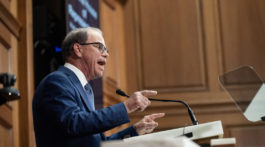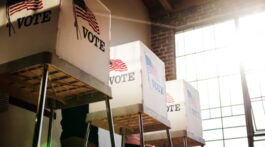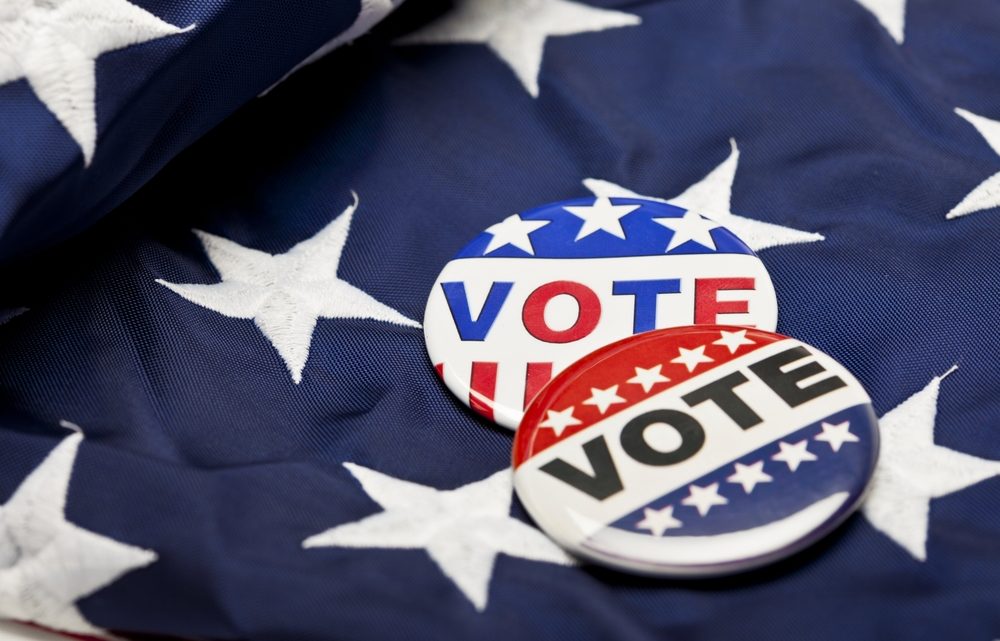by Abdul-Hakim Shabazz
As many of you know, I have never been a big fan of taxpayer-funded political primaries. I think Republicans and Democrats should hold nominating conventions and pick their own candidates to present to the voters as opposed to having the taxpayers foot the bill for their private get-togethers. Or in the alternative, have an open primary system where if no one gets more than 60 percent of the vote, there is a runoff between the top two vote-getters.
Regardless, of my initial displeasure for the primary system, here is another one. It’s probably unconstitutional. Allow me to explain.
Under the current system, if someone wants to run for office in a primary as a Democrat or Republican, they need to fill out a form stating they belong to either party. This is determined by 1) the political party ballot requested by the candidate at the last primary election in Indiana the candidate voted or 2) the candidate files a certification from their county chair affirming their membership in that political party. According to state law, the declaration of candidacy for municipal primary nomination (CAN‐42) requires the candidate to affirm their party affiliation and attach the certification, if required.
So what’s wrong with this you might ask? Shouldn’t political parties have some say in who their members are? I tend to agree, but here’s where the problem comes in, it’s called the Indiana Constitution.
Subscribe to our Indy Politics Daily Mail. We let you know what’s going on across the state when it comes to government and politics.
Under Section 9 of the Indiana Constitution (Freedom of Thought and Speech), it says, “ No law shall be passed, restraining the free interchange of thought and opinion, or restricting the right to speak, write, or print, freely, on any subject whatever: but for the abuse of that right, every person shall be responsible.” I read that to say the government can’t force you to think or speak a certain way without a pretty darn good reason, which I haven’t discovered yet.
And by compelling someone, who may have never voted in a primary or if they voted in the other political party’s primary to get permission from a Democrat or Republican County party chairman before they can run for an elected office seems pretty unconstitutional to me based on first glance.
It would be one thing if the two major political parties were acting on their own without government assistance, per se. Democrats and Republicans are entirely within their rights to want members who agree and promise to support their candidates and principles. However, when this is done, in part, with the weight, force, and blessing of the government, we run into some significant issues. And by using the government to compel an individual to think, write or speak in a certain manner, particularly to hold an elected office, I think we have run aground on some serious constitutional issues.
And to be frank, I’m surprised no one has sued the State and the two major political parties over this, at least, not yet.
Abdul-Hakim is an attorney and the editor and publisher of IndyPolitics.Org. His opinions are his own, but you are free to adopt them.











